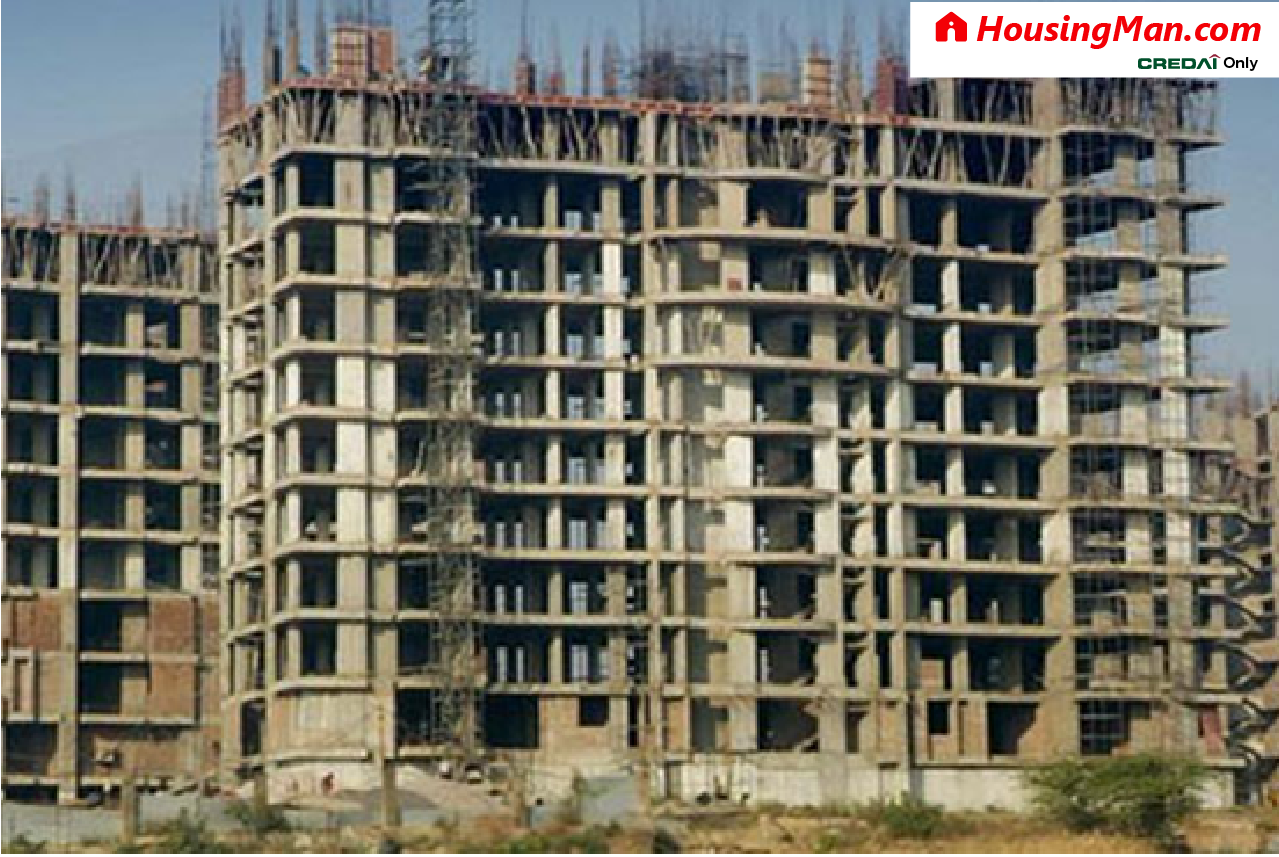RERA ACT is Real Estate (Regulation and Development) Act, 2016 by the Parliament of India. The RERA act is established to protect home-buyers as well as help boost investments in the real estate industry, helping builders. It is expected to be the biggest reform in the sector.
Real Estate Regulatory Authority (RERA) Bill was introduced by the Indian National Congress government in 2013 and was passed by the Rajya Sabha on 10th March 2016 and by the Lok Sabha on 15th March 2016. The Act came into force on 1 May 2016 with 69 of 92 sections notified. The Central as well as State governments are liable to notify the Rules under the Act within a statutory time period of six months.

What does the act say?
The RERA Act makes it mandatory for all projects pertaining to commercial and residential real estate, where the land is over 500 square metres or 8 apartments for sale, to mandatorily register with the Real Estate Regulatory Authority India[RERA]. For this, the developer must disclose names of promoters, project layout, land status, the status of statutory approvals, plan of development work, the draft of builder-buyer agreements, names and addresses of real estate agents, contractors, structural engineers and architects to the authority.
All of this information has to be made available on the regulator’s website and has to be regularly updated by the developer. A clear view of the number of units sold and construction status should be disclosed. The buyer will hence be aware and get information on defaulting developers.
This is to bring in greater transparency in project-marketing and execution for launching a project. On-going projects, which have not received completion certificate on the date of commencement of the Act, will have to seek registration within 3 months of time.
The application received for registration should be clearly approved or declined within a period of 30 days from the date of application by the regulator. On successful registration, the project promoter will be provided with a
- a) Unique Registration number
- b) A login id and password
The applicants need to fill up all the essential details on the RERA website. Failing to do so, a penalty of up to 10 percent of the project cost or three years’ of imprisonment may be imposed.
Real estate agents will be issued a single registration number for each State/Union Territory for facilitating their business of selling or purchase of properties. The same number must be quoted by the agent in every sale done by him.
RERA for Buyer’s Protection
Here is how the new real estate bill will benefit consumers
1) Real estate industry has so far been highly unregulated in India. Lack of adequate consumer protection, the absence of standardization and inadequate, quick consumer redressal has constrained the healthy and orderly growth of the industry. Once this Act comes in place, in case of any grievance related to building and the developers, the consumer can go to the real estate regulator for redressal.
2) Registration of projects, based on certain pre-set conditions with the regulatory authority, it will aim to provide greater transparency in project marketing and execution.
3) The developer is required to put 70% of the money collected from the buyer in a separate escrow account to attain and meet the construction cost and requirements of the project. States can increase the ceiling but not lower it. This will ensure the construction is completed on time and put a check on the developers to start the project immediately and not put the money somewhere else.
4) It will lead to more stabilised housing prices. With the bill, there is an expected increase in housing investment owing to the fact of increased trust and confidence in the builder and the passing of the RERA act itself.
5) Strict regulations on the promoter ensure the project specifications are met on time as promised and the honest customer is not cheated.
6) Clarity on the carpet area has been clearly defined in the bill– to include usable spaces like kitchen and toilets.
7) Developer’s liability to repair structural defects has been increased from 2 years to 5 years.
8) Real estate appellate tribunals now required to adjudicate cases in 60 days as against 90 days in the earlier proposal.
9) Regulatory Authorities are required to dispose of complaints in 60 days.
10) The Act binds promoters and developers to have the consent of two-thirds (66%) buyers before making any change in the number of units or structural changes or deviating from the pre-specified project description.
11) Clauses of penalty – Incorrect or incomplete disclosure by the builder – 5% of project cost. In case a developer leaves a project half-way, for any reason, the association of allottees will have the right to refuse and get their money back along with interest. They can also demand, from the authority to get the project completed by another developer or any other means. If the developer continuously and regularly flouts the rules, the project can even be cancelled by the authority.
RERA for Builder’s Protection
RERA aims to protect the interests of the builders’ through appropriate policies such as
- Imposing penalty on allottee for not paying dues on time
- The builder has the right to approach the regulator in case there is any issue with the buyer.
- RERA also requires that a written agreement for sale or builder-buyer agreement be submitted along with other documents at the time of project registration. The builder-buyer agreement has to be offered for signing to the home buyer before accepting more than 10% of the property value as advance.
The RERA Act will bring in the much-required standardization and professionalism in the Real Estate Sector, leading to a healthy and orderly growth of the industry. Specialized regulation and enforcement ensures consumer protection and fraudulent activities like money trail and curbing money laundering. The bill promotes transparency and fair and ethical practices, through disclosure of project details and contractual obligations between the project and the buyer. An established and separate regulatory mechanism will enforce accountability and speedy redressal of grievances. The bill will catalyze domestic and foreign investment into the sector, giving a boost to the builders and buyers.
RERA will bring in the boost within the Real Estate sector through its progressive and diversified role.













